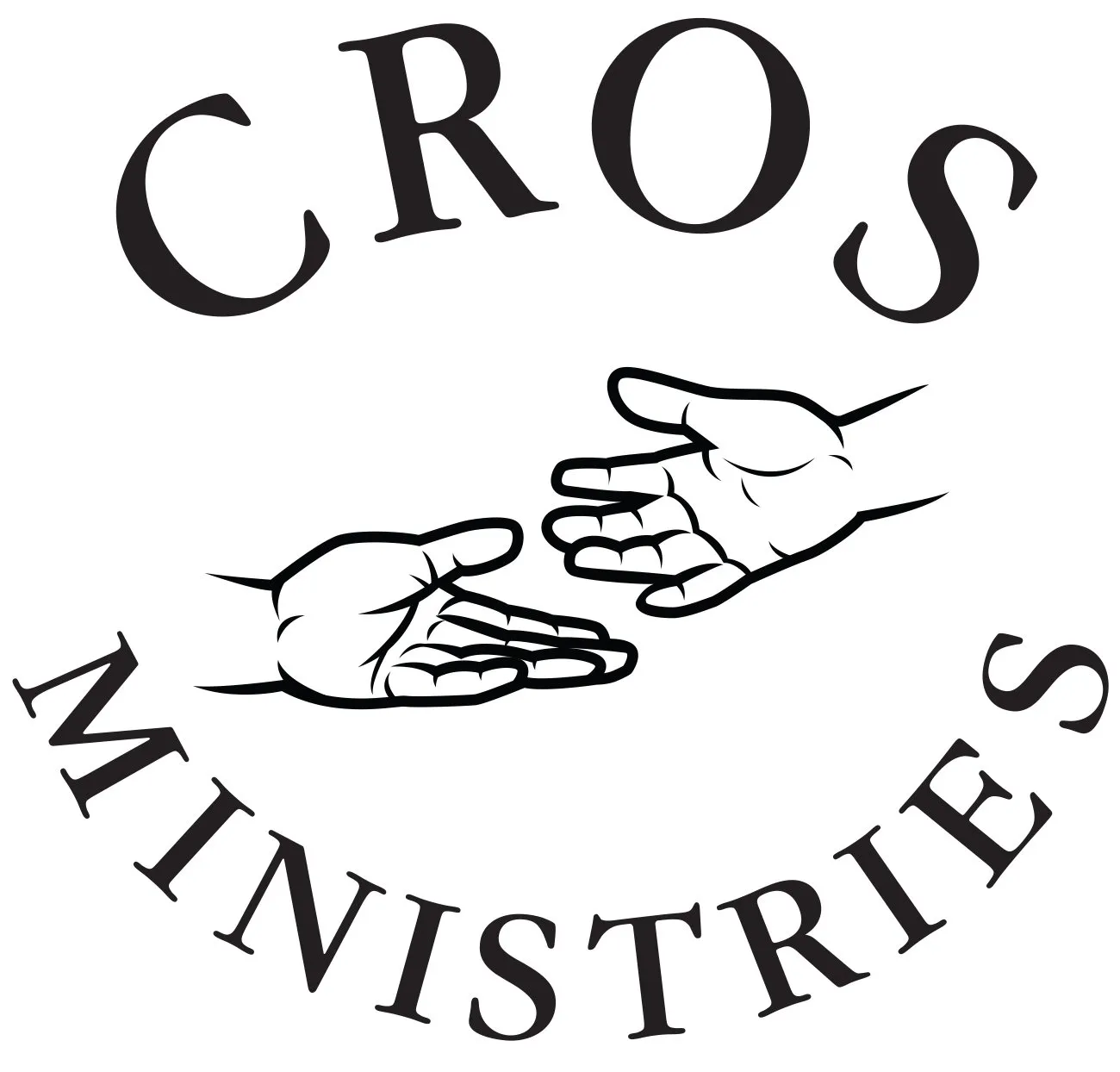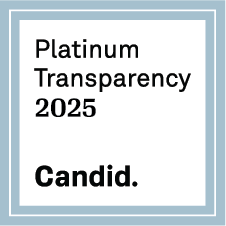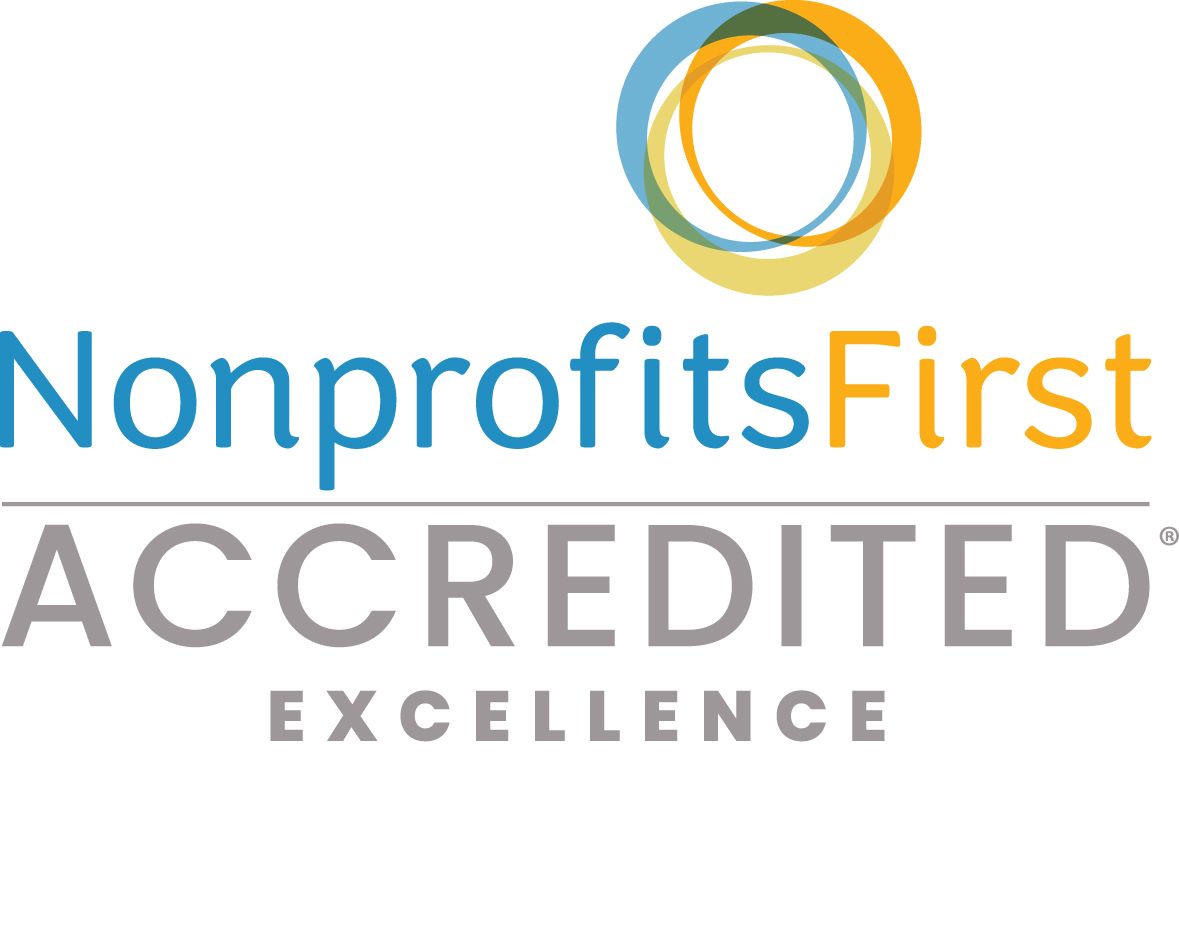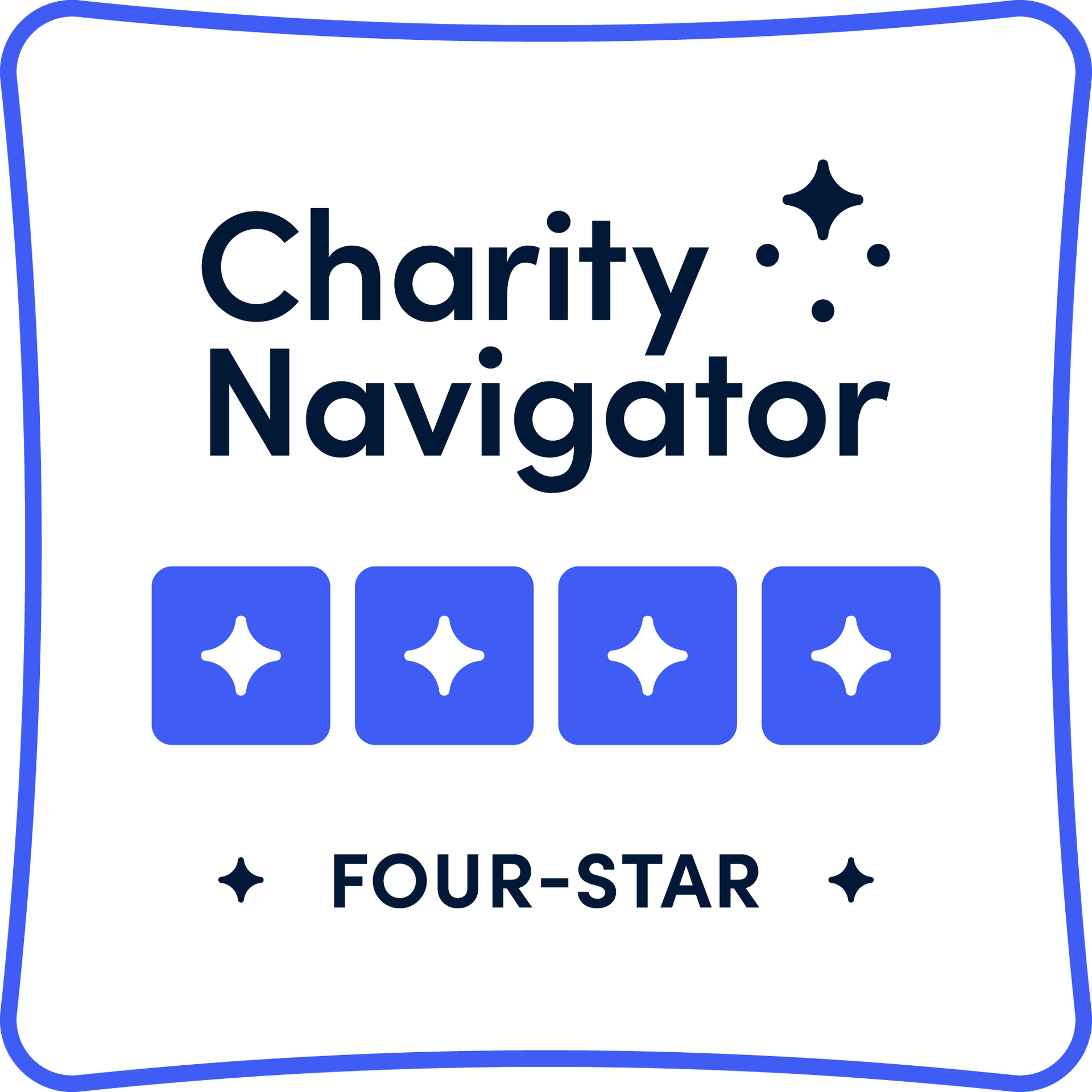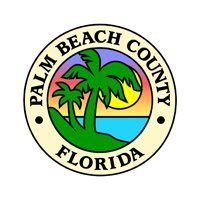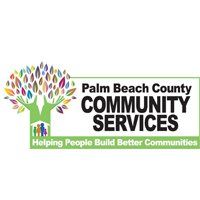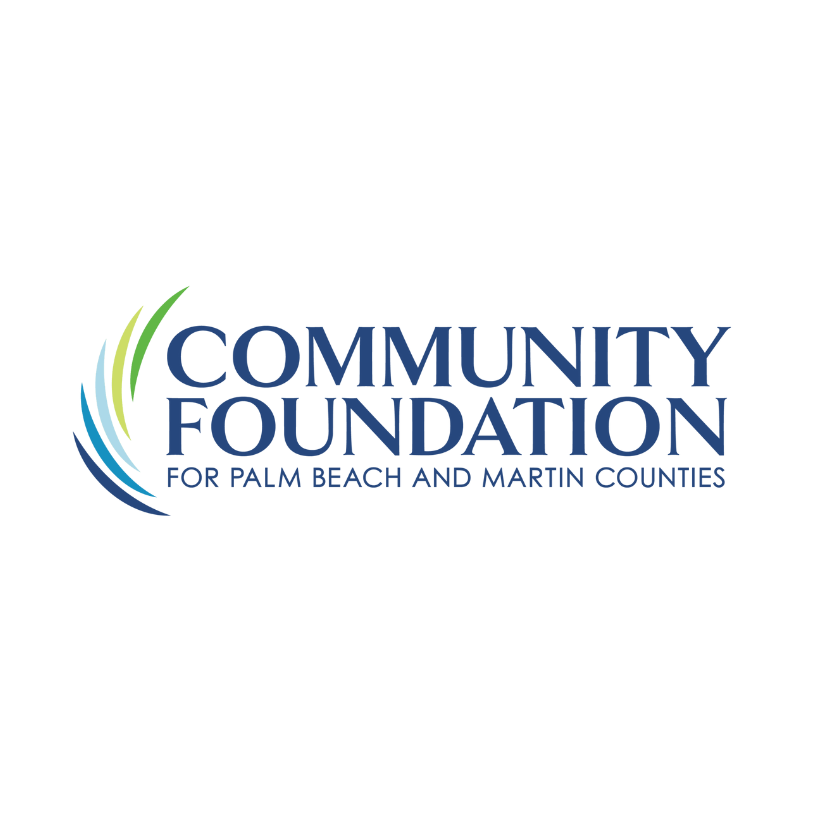Food Pantries
CROS Food Pantries FAQ
What is CROS Ministries?
In 1978, a group of United Methodist Churches located in Palm Beach County came together to form Christians Reaching Out to Society, Inc. (CROS Ministries). Over time, CROS Ministries became both ecumenical and interfaith, partnering with other denominations and faiths. Today, our mission is to serve the hungry in Palm Beach and Martin Counties through community collaborations.
Why must I complete a referral form on my first visit to receive food?
CROS Ministries is a 501(c)3 nonprofit organization. We receive funding from foundation grants, individuals, congregations, and government sources. Our funders require us to report on the number of individuals and households served, demographic information like race, gender, and age, and zip codes. If you would like to complete the form prior to your first pantry visit, click here to download a pdf of the form. You can then bring it with you along with your photo ID and identification of your family members.
Why is a Photo ID required and identification of my family members required at my first visit?
We require a photo ID for a family or individual to receive the full amount of food – USDA, donated, and purchased food from one of our food pantries. A photo ID is not required to receive USDA food we receive from the Palm Beach County Food Bank in partnership through Farm Share.
Can I pick up food for a friend or family member?
Yes! A friend or family member may designate an authorized user or proxy to be able to pick up their food for future visits after the initial intake. They would need to fill out an additional form along with the referral form. Click here to download a pdf of this form.
Where does CROS get its food?
We receive food from local food banks and food drives. However, only a small percentage of the food we distribute comes from food banks and food drives. We also must purchase food to ensure that each bag of food we provide has a consistent supply of non-perishable items to prepare a minimum of 12 meals for a family of three. Fresh and frozen meats and vegetables when available come from local food banks. We also receive USDA food from the Palm Beach County Food Bank in partnership through Farm Share.
Why can I only receive food twice a month?
To ensure that we can serve as many people as possible, we limit the number of times people can come to our pantries. Visitors may come twice a month to receive a bag(s) of food depending on family size. Homeless visitors may come once a week and receive a small bag of ready to eat items. If the family or individual needs additional assistance during the month, we provide them with a list of other food pantries in the same area as well as information for other community resources.
What is the difference between a Food Bank and a Food Pantry?
A food bank is a warehouse and distribution center where food is sourced, received, inventoried, and distributed to food pantry partners and other hunger-relief agencies. A food pantry distributes food and other products directly to families and individuals who are hungry or food insecure.
